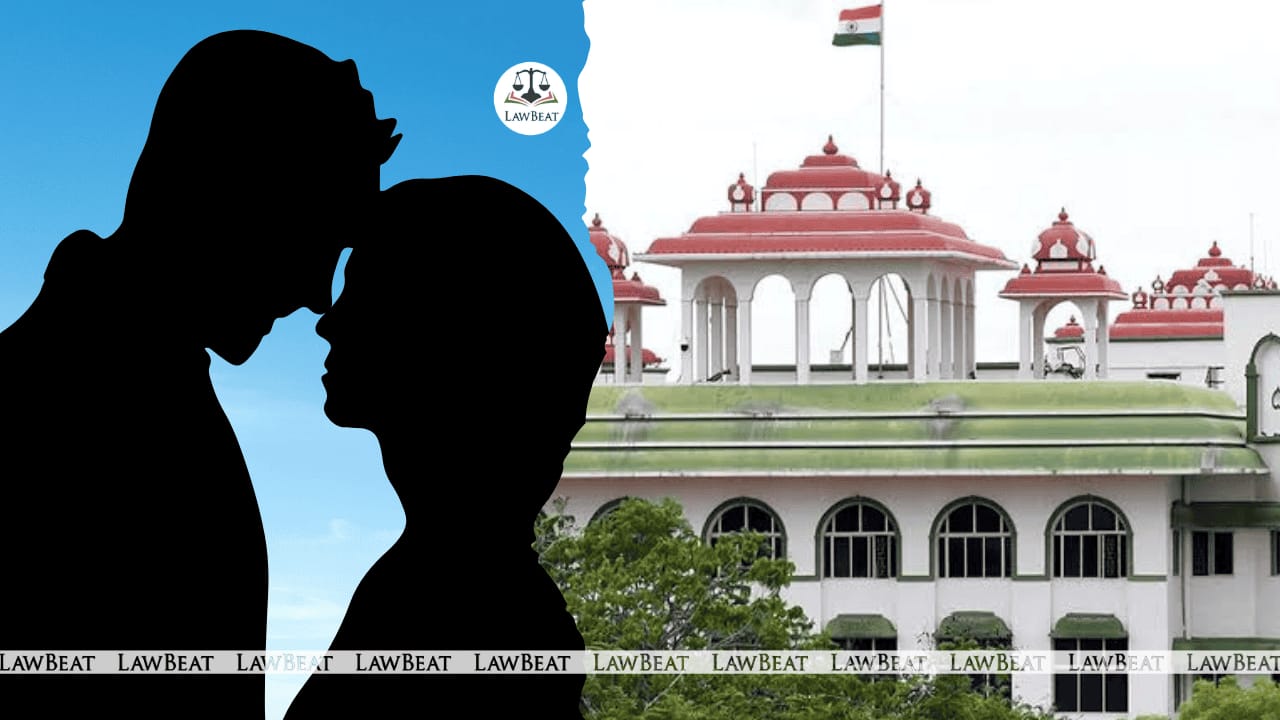‘Natural for Teenagers in Love to Hug or Kiss’: Madras High Court Quashes Sexual Harassment Case

The court observed that both parties were in their late teens and had willingly met and spent time together
The Madurai Bench of the Madras High Court recently quashed criminal proceedings against a young man accused of sexual harassment, citing that teenage affection cannot be construed as a crime.
The bench of Justice N. Anand Venkatesh, in an order dated November 4, 2024, ruled that the physical contact between the petitioner (the young man) and the complainant (the young woman) was a natural interaction in a consensual relationship between two teenagers and did not meet the legal criteria for an offence under Section 354-A(1)(i) of the Indian Penal Code.
A complaint was filed by a 19-year-old woman, alleging that the petitioner, with whom she had a love affair, hugged and kissed her during a meeting in a secluded area. The petitioner subsequently refused to marry her, leading to her filing a police complaint. The incident led to an FIR under Section 354-A(1)(i) of the IPC, which deals with physical contact and advances involving unwelcome and explicit sexual overtures. However, the court found that the allegation lacked the essential elements to constitute a criminal offence under this section.
The court observed that both parties were in their late teens and had willingly met and spent time together. Justice Venkatesh pointed out that, even if taken at face value, the alleged actions reflected the affection typical of young couples rather than any criminal intent.
The court noted, "It is quite natural for two persons in the teenage, who are having a love affair, to hug or kiss each other. By no stretch can this constitute an offence under Section 354-A(1)(i) of IPC."
Further, Justice Venkatesh highlighted the importance of judicial discretion in preventing abuse of legal processes. He underscored that proceeding with such cases could lead to an unwarranted stigma against young people who engage in consensual relationships.
The court’s intervention came even after the police had completed their investigation and submitted a final report before the Judicial Magistrate, Srivaigundam.
While the case had already moved to trial court proceedings, the high court exercised its jurisdiction under Section 482 of the Criminal Procedure Code, which allows for quashing of criminal proceedings to prevent misuse of the judicial process.
The judge stressed that even when a case has reached trial, the high court retains the power to quash proceedings if continuing them would result in an injustice.
Case Title: Santhanaganesh Vs. State and Another
